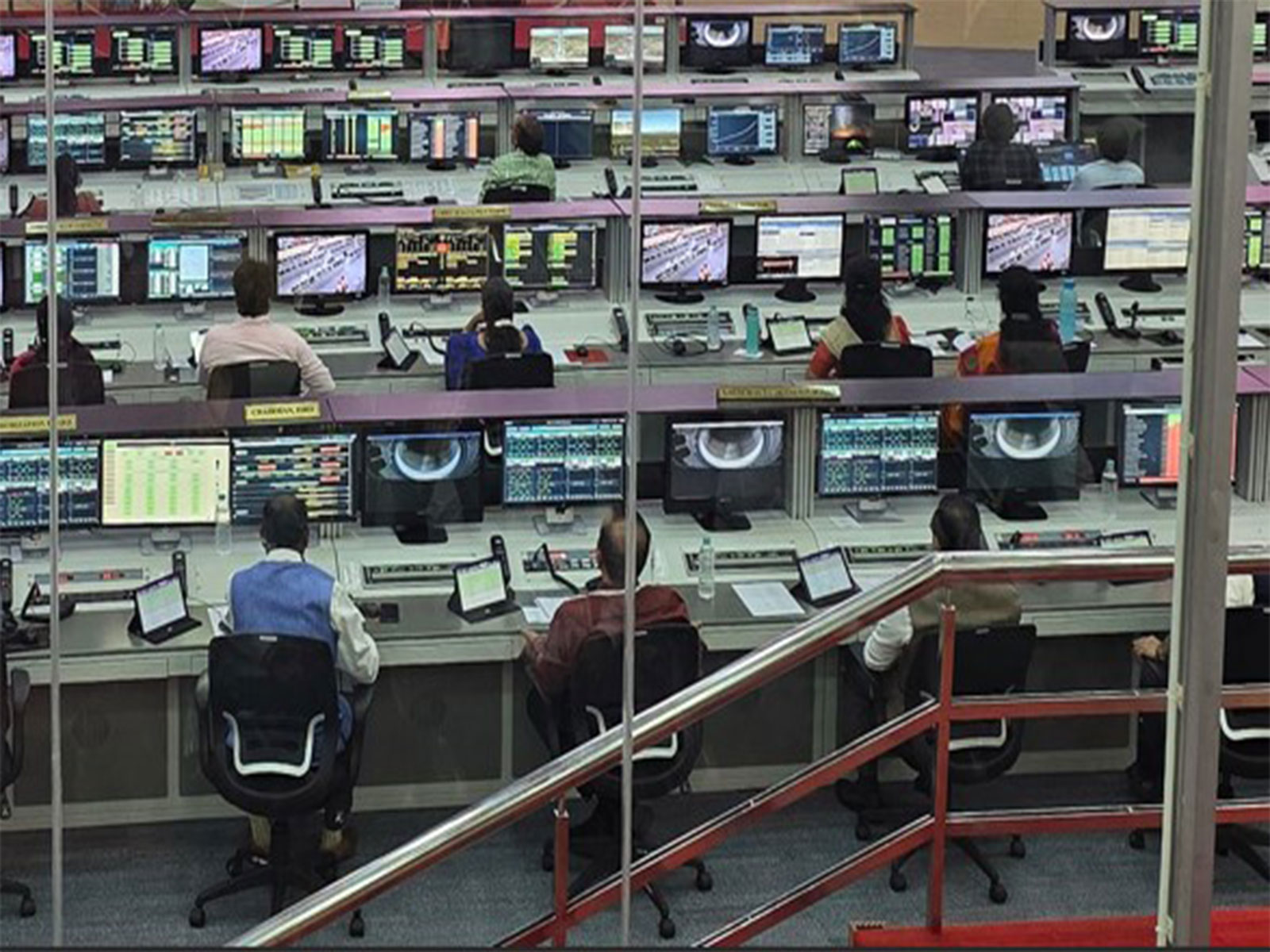Data centre development cost in India at USD 7 per Watt among global lowest, shows strong growth potential: Report
India has emerged as one of the most cost-efficient markets for data centres development in the world, highlighting country's strong growth potential in this sector, according to a report by Kotak Mutual Fund.

- Country:
- India
India has emerged as one of the most cost-efficient markets for data centre development in the world, highlighting the country's strong growth potential in this sector, according to a report by Kotak Mutual Fund. The report said that the data centre development cost in India stands at USD 7 per watt (USD/W), which is one of the lowest among major economies. Only China has a lower cost than India at USD 6 per watt.
In comparison, the cost in Japan is around USD 14/W, in the UK it is USD 11/W, while in the USA, South Korea and Australia it is around USD 10/W. It stated "Data centre development cost ($/W) is one of the lowest in India at $7/W with only China's cost being lower".
The relatively low development cost is driving strong interest in the Indian market, particularly in the hyperscale colocation segment. The report mentioned that the number of players in hyperscale data centre development in India has risen sharply from 5 in 2019 to 15 in 2024, reflecting the growing demand. At the same time, the colocation capacities leased to hyperscalers have seen a four-fold jump over the last five years.
The report also highlighted the role of state governments in incentivising data center expansion. For instance, Tamil Nadu's 2021 policy provided 100 per cent subsidy on electricity duty, dual power grid availability, 50 per cent exemption on wheeling charges, and concessional open access charges. Uttar Pradesh has offered 100 per cent exemption on electricity duty, dual power grid access, 50 per cent exemption on wheeling charges, and 100 per cent exemption on transmission charges along with open access availability.
Telangana's 2016 policy allowed electricity supply at the cost of generation, dual power grid availability, renewable energy under open access, and subsidised fuel prices. Similarly, Maharashtra in 2023 gave lifetime exemption from electricity duty, Rs 1 per unit power subsidy for five years (outside Zone I), support for captive renewable energy and open-access power.
The report shared that the regulatory environment is also supporting growth. The Reserve Bank of India (RBI) mandated data localisation for the payments sector in 2018, while the Securities and Exchange Board of India (SEBI) issued a similar mandate in 2023 for all its regulated entities. In addition, the Digital Personal Data Protection Act (DPDP), 2023, though not explicitly mandating localisation, empowers the government to restrict cross-border data transfers, creating indirect incentives for domestic storage and processing.
Currently, India accounts for only 3 per cent of global operational data centre capacity, even though the country represents around 20 per cent of global data demand. Most Indian data continues to be stored outside the country due to higher usage of hyperscale services. The report noted that this gap, combined with low development costs and favourable policies, creates significant growth opportunities for India's data center sector in the coming years. (ANI)
(This story has not been edited by Devdiscourse staff and is auto-generated from a syndicated feed.)
ALSO READ
UPDATE 2-Japan's Koizumi, Hayashi run for leadership of ruling party
Japan farm minister Koizumi says he intends to run for LDP leadership
UPDATE 1-Japan's Koizumi, Hayashi run for leadership of ruling party
Duplantis gives Japanese fans what they came for -- another world record in pole vault
EXPLAINER-Why South Korea cannot make the same US trade deal as Japan










